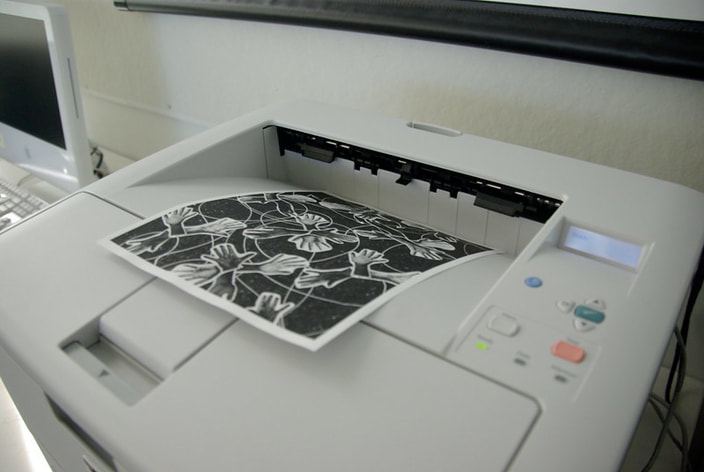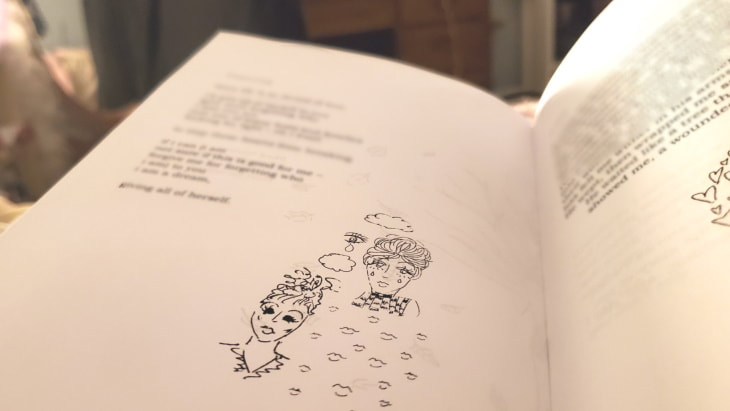|
I know it’s kind of passé, but I’ve always wanted to start my own blog – not just a microblog like Tumblr, Twitter, or Instagram, but a real blog where I actually write stuff. The thing is, before I even get to writing anything, I’m plagued by several questions.
What’s too personal for the internet? And what’s too vague or niche to be interesting to anyone who comes across my site? And, come to think of it, who am I even writing to? When I found out about zines, suddenly these questions became blissfully irrelevant. In many ways, zines can arguably be considered a precursor to blogs. In Marc Arsenault’s words, “After a couple decades of screen fatigue, there has emerged a movement of people who want more direct and in-real-life experiences. ... Zines are the personal blog post you hold in your hands and savour like a fine wine.” And unlike throwing your writing into the vast wasteland of the internet, you get to choose how you want it to look and who to share it with. Worrying that what you really want to write about is too personal or too niche? So what? Make it anyway, put your heart into it, and just keep it for yourself or share it with your closest friends. Or, print a bunch of copies and share it with the wider world if you so choose. Many people like to trade zines, and some even sell them on Etsy. Zines can be about literally anything, and you don’t have to cater them towards a certain audience. Or, you can cater some to a certain community, and not all. You have the freedom to create what you want without it being anchored to a specific ”site.” Some use the genre to create their own periodicals. They can look however you want them to look, too. You’re not stuck in the confines of HTML. Type it up or handwrite it, draw your own illustrations or make a collage out of found sources. Make your zine by hand or use a tool like Canva. Maybe posting 280-character hot takes on Twitter is the way of the future, but I think that making zines strengthens our connection to our writing. At least to me, holding my own finished zine in my hands has felt more personal than staring back at my words on a screen.
0 Comments
“Every poem is worth writing, but not every poem is worth reading,” my poetry professor has often repeated to our class.
It’s a saying that she picked up from her professor during her college days. And don’t mistake her – it’s said in a loving way. Sometimes, our thoughts and experiences are so heavy that we use writing as a tool to process them, but the thing about art is that once it’s out there, you can’t control how others interpret it. I’ll admit, I kind of dread sharing my writing because of this. Last week, I was by no means looking forward to sharing a poem I wrote for a workshop. It touched on something personal that I experience, which I didn’t expect my peers to pick up on. They complimented the poem’s craft and offered helpful suggestions on how to improve it, which I really appreciated. But the thing that stuck with me most about that workshop, was the way my one classmate understood exactly what I was referring to. Just like that, I felt a little less alone. Giving our stories a singular, straightforward understanding isn’t always the goal. When we write creative works, it’s not really up to us how other people feel about, interpret, or regard our words. But if those words can act as a balm to just one person, it’s worth it to push past that fear – even if that one person is just yourself this time. |
Archives
May 2024
Categories |


 RSS Feed
RSS Feed